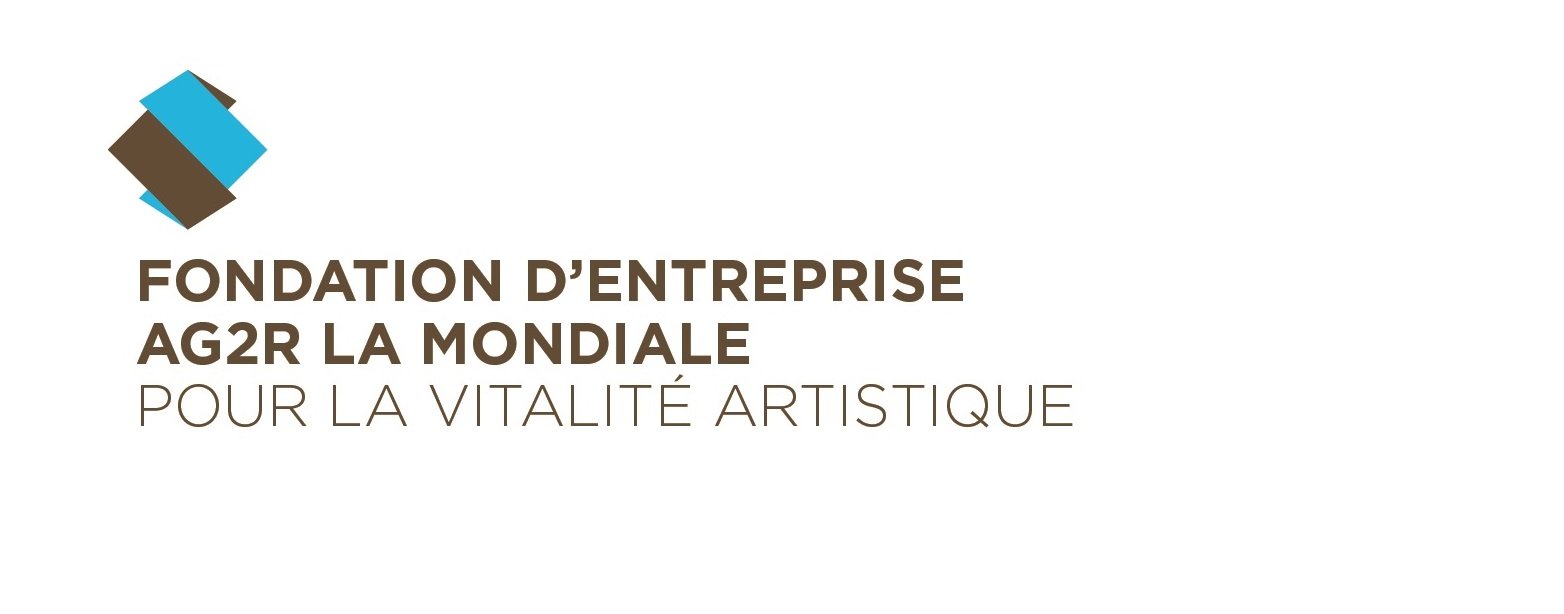
Marion Baruch
A Retrospective
As part of their season devoted to "art on fabric", the Abattoirs are presenting a retrospective of the artist Marion Baruch that brings together historical works in a way that has never been done before in France, as well as an installation specifically designed by the artist for the nave of the Abattoirs.
Marion Baruch's work is marked by commitment and the search for a new language of art. Since the end of the 1960s, Marion Baruch (born in 1929 in Timisoara, Romania; lives in Gallarate, Italy) has appropriated the raw material of fabric to make it her preferred means of expression and denunciation. After studying art in Bucharest, Tel Aviv and Rome, she made a name for herself by sewing geometric shapes and dressing them in the streets of Milan. Her soft, wearable fabric sculptures, which become one with the artist's body, become both a hindrance and a freedom. In the context of the claim and liberation of the body, especially of women, wearing this form that covers her entirely, including her head, marks the beginning of the artist's reflection on movement, the body, the face, identity, the feminine, the self. In search of a new language, Marion Baruch's work takes place within a movement of affirmation of women artists in the 1970s who use new forms such as body art, while reinvesting craft forms and traditionally devolved to women such as sewing.
Marion Baruch continues to work on the links between art and life. How to make art participate in life? She develops very early research between art and design, and participates in collective projects.
In the 1980s, through minimal forms, the rewriting of the history of art with the Self-portraits of the painter Rembrandt, research on the name of art, she attacks the very nature of art, then its trade by transforming, for example, a shopping cart into a sculpture.
In the 1990s, for the "Name Diffusion" project, she abandoned her artist's name for that of a brand she created. She hijacks the codes of industry, capitalism, commerce and department stores, and becomes a designer and producer of fabrics, clothing for museum guards for example. Her interest in the social function of art and her attention to others are constant.
In 1993, Marion Baruch moved to Paris. She imagined artistic, political and participative actions for the right to vote for women and for undocumented migrants. She created collective workshops where the richness of immigrants' languages were discussed. Before leaving the capital in 2011, she launched in 2009 an action entitled The empty room. In a monochrome room of her apartment, every afternoon, when the sun creates a geometric shape on the floor, she invites people with flyers and opens the dialogue to each one, giving a place in her intimacy to the others, to the friend, to the unknown. For Marion Baruch, everything is linked to language, but to the spoken word that for her is similar to fabric, a material conducive to discovery.
In the early 2010s, the artist began to collect the new remains of garment factories in the streets of the Sentier in Paris, then in Milan (Italy) where she relocated. In a debate on overconsumption and with an ecological reflection on the industry, these unusable scraps, the defects of these fabrics, their colors, their materials, their flexibility, their cuts not retouched by the artist become their strength. The artist feels them, touches them, and especially stretches them, lets them hang, fill the void and draw it, reminding us of the elementary and radical spirit of his work. In these suspensions, it is indeed the voids that define the space and give beauty to the absence. Marion Baruch proposes an emptiness that a word, a shadow on the ground or a piece of fabric are enough to fill, giving a new life to what we had judged useless and abandoned.
This proposal is part of the season on fabric at Les Abattoirs.
To go further: the association AWARE (Archives of Women Artists, Research and Exhibitions) has published a documented page on Marion Baruch, discover it here:
https://awarewomenartists.com/artiste/marion-baruch/
With the support of the Fondation d’entreprise AG2R LA MONDIALE pour la Vitalité artistique.

Informations pratiques
Horaires
Ouvert du mercredi au dimanche de 12h à 18h
Nocturne le jeudi de 18h à 20h
